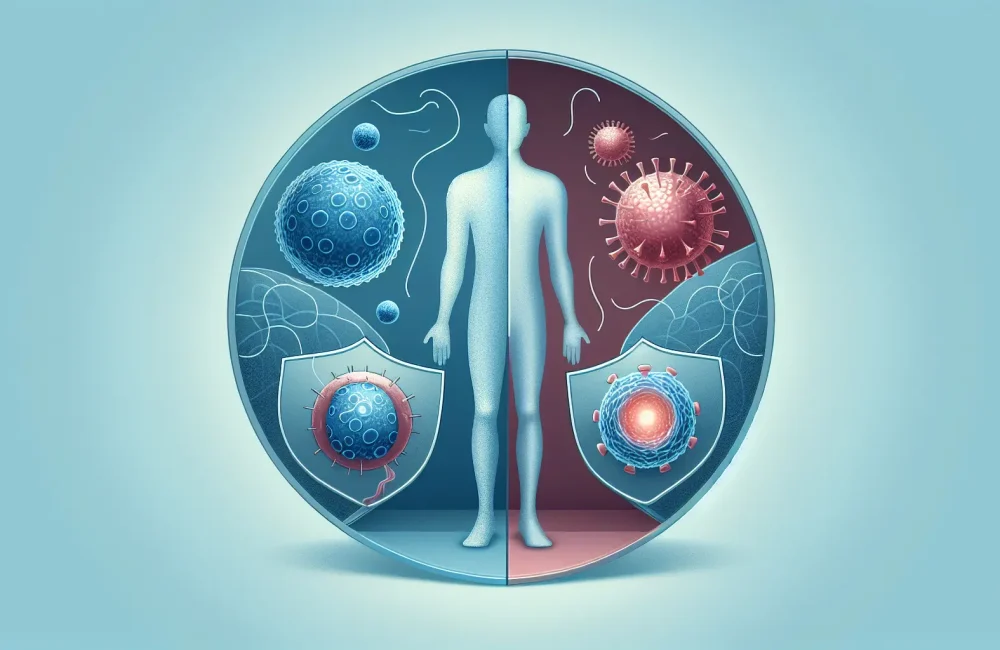By CAFMI AI From New England Journal of Medicine
HPV’s Role in Cancer Development
Human papillomavirus (HPV) is a major contributor to several cancers including cervical, anal, oropharyngeal, penile, vulvar, and vaginal cancers. Among many types of HPV, the high-risk strains HPV-16 and HPV-18 account for the majority of cancer cases linked to the virus. HPV is primarily transmitted through sexual contact and most infections clear spontaneously due to the immune response. However, persistent infections with these high-risk types can cause changes in cells, ultimately leading to pre-cancerous lesions and invasive cancers through disruption of key tumor suppression mechanisms. Clinically, understanding this progression is vital for screening and early intervention.
Screening and Vaccination Advances
Screening programs, especially for cervical cancer, have significantly reduced mortality through early detection. The use of Pap smears along with HPV DNA testing allows for the identification of precancerous changes and timely management. Vaccination against HPV has emerged as a pivotal preventive strategy, targeting the most common oncogenic strains. Vaccines are highly effective in preventing infection and subsequent cancer development. Worldwide vaccination initiatives hold promise to drastically lower the burden of HPV-related cancers. For primary care physicians, recommending and facilitating HPV vaccination is crucial in cancer prevention efforts.
Management and Future Directions
Treatment of established HPV-related cancers generally involves surgery, radiation, and chemotherapy, customized by cancer location, stage, and patient factors. Research continues to explore immunotherapy and novel therapeutic options to improve outcomes in HPV-driven malignancies. Primary care physicians play an important role not only in prevention through vaccination and screening advocacy but also in ensuring timely referral and comprehensive management of patients with HPV-associated cancers. A clear understanding of HPV biology and clinical approaches enhances care delivery and patient outcomes in primary care settings.
Read The Original Publication Here






